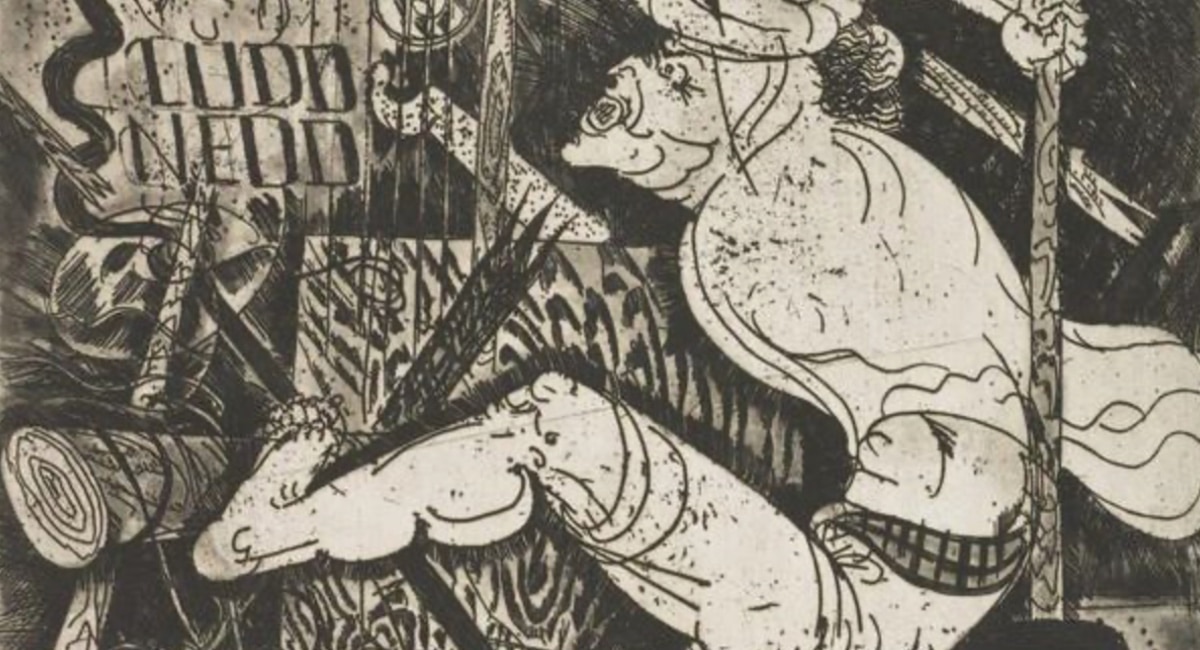
In news I’d missed from last month, Task and Purpose reports the USA military is publishing a comic biography of Sergeant William Carney, the first Black army fighter in the mid-19th century to receive the Medal of Honor for his heroism, and it’s being written by a notable veteran scriptwriter:
As the soldiers of the 54th Massachusetts Volunteer Infantry Regiment stormed toward Fort Wagner, South Carolina, the soldier carrying the American flag fell.
It was July 18, 1863, at the heart of the Civil War.
Charging with the 54th was Sgt. William Carney, who saw the colors fall. He picked up the flag and carried it forward, reaching the wall of the fort, where his comrades rallied around him.
Soon, the regiment’s position became untenable, and the order was called to retreat.
Shot several times, Carney held the flag aloft as the unit dropped back, returning it to Union lines.
Years after the war, his actions in the assault would be recognized with the Medal of Honor, making Carney the first Black American soldier to earn the nation’s highest award for valor.
Carney’s bravery — and that of the all-Black 54th Massachusetts — was retold in the 1989 movie “Glory,” in which Denzel Washington played a soldier based on Carney, Pvt. Trip.
Now, Carney will get his own comic book, the latest in the Medal of Honor series produced by the Association of the United States Army.
The Carney issue is the 24th produced by AUSA, an ongoing project by the organization that recruits major stars in the comic book world to tell the stories behind Medals of Honor awarded to soldiers. The script was written by Chuck Dixon, whose past work includes “Batman” and “The Punisher.” The cover was created by Wayne Vansant, whose work has appeared in “The ’Nam” and “Savage Tales.” Color was by Peter Pantazis, who worked on “The Justice League” and “Superman” series, while the lettering was by Troy Peteri, who worked on “Spider-Man” and “X-Men.”
Well that’s pretty admirable, and goodness knows how many left-wing creators by contrast have refused to work on projects like these, even if it puts their sincerity under a question mark along with their patriotism. This is a highly appreciable project.
But according to the following, there was, unfortunately, some controversy that preceded it a few months ago:
Carney’s story was caught up in controversy in March when Department of Defense officials removed dozens of webpages from the Pentagon’s official websites that covered the histories of notable non-white or female service members. Carney was among dozens of past military heroes — including the Navajo Corps Code Talkers, baseball legend Jackie Robinson, and the Tuskegee Airmen — whose stories were removed from the site amid a review aimed at identifying diversity, equity, and inclusion material.
A 2017 article, “Meet Sgt. William Carney: The first African-American Medal of Honor recipient,” was removed from the Pentagon’s Defense.gov domain. The page appears to have been restored as of April 24. The same article had remained on the Army’s official website.
What if it turned out left-wing staffers were responsible for removing the historical information? But, if right-wingers were, they sure paved the road to hell with good intentions by giving leftists ammunition to use against conservatives. Leftists who don’t actually care about good deeds, but rather, about tasteless ideologies, and that was the whole problem with how things were handled under the Biden administration. Something tells me even now, many leftists won’t thank Dixon for taking up a positive assignment like this, and simultaneously, chances are very high a movie like 1989’s Glory wouldn’t be made by Hollywood today.
Dixon deserves some applause and credit for developing a graphic novel detailing the history of a famous figure like Carney, as do the artists involved, and maybe it’s time liberal creators show some willingness to work on such comics projects too for a change, without letting their biases get in the way.
Originally published here.




















 English (US) ·
English (US) ·